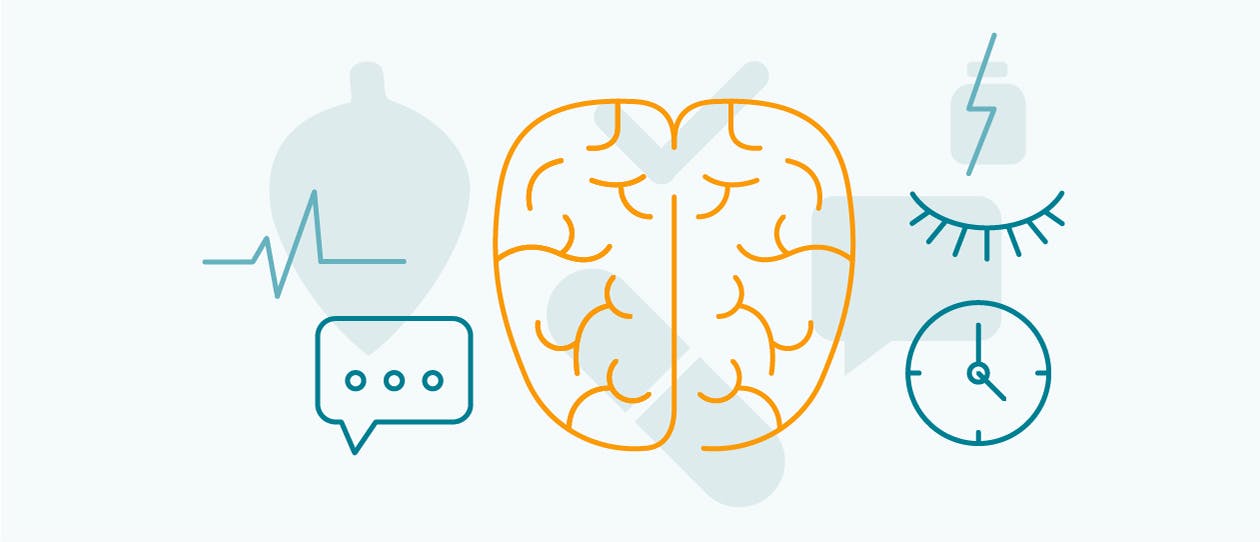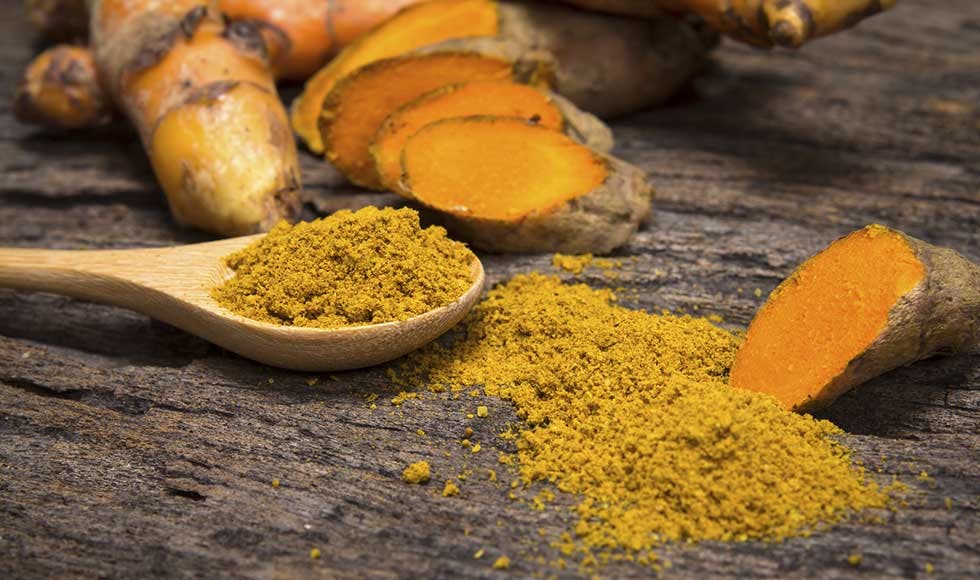
- Health hub/
- Tips & Advice on Improving your Brain Health/
- Headaches: Symptoms and Causes


There are many different types of headache. These are some of the symptoms associated with some common types:
- Tension-type headaches are the most common headaches and are characterised by a dull, steady pain that feels like a band tightening around the back of the head and neck. The pain may be experienced in the forehead, temples, back of the head or in the neck, and neck movement may be stiff or restricted. Depression and anxiety commonly occur at the same time. Tension-type headaches are classified as episodic if they occur on fewer than 15 days of a given month, or chronic if they occur more often or are present all the time.
- Migraine headaches are recurrent headaches with symptoms that may include severe throbbing pain (often located on one side of the head), nausea, vomiting, blurred vision, tingling and numbness of the limbs
- Sinus headaches are associated with congestion in the area behind the face. The terms "pressure headache" or “stuffy head” may be used to describe this type of headache.
Tension-type headaches are associated with muscle tension at the back of the neck or scalp, which may be triggered by stress, anxiety, anger or physical irritants such as loud noise, eyestrain (e.g. from reading for long periods of time), poor posture, or clenching the teeth.
Although the causes of migraine are not yet fully understood, they involve abnormalities in the constriction and dilation (relaxation) of the blood vessels of the head. Amongst the potential triggers are food allergy and sensitivity to certain food chemicals (e.g. amines), stress, premenstrual syndrome, flashing lights or bright glare, too little or too much exercise or sleep, and changes in barometric pressure.
Sinus headaches are symptomatic of sinusitis, which is an infection or inflammation of the sinuses (the open spaces in the bones of the skull and face). Common causes include upper respiratory infections (such as the common cold) and nasal congestion or irritation of the sinuses due to allergy and other factors. This causes an increased production of mucus, and a feeling of internal pressure, and the area becoming tender and sore to touch.
Other triggers and causes of headache include may include hormonal changes, caffeine withdrawal, discontinuing the use of some medical drugs, side effects of medication, head trauma, poor posture, blood sugar imbalance, dehydration, exposure to bright lights, computer over-use, exposure to pollution and strong smells, and underlying health problems.
- Keeping a headache diary may help to identify headache triggers in your diet and lifestyle. Potential dietary triggers include caffeine, chocolate, alcohol, citrus fruit, aged cheese, fermented or pickled foods, monosodium glutamate (MSG), aspartame, nitrates and nitrites (found in many processed meats), and many canned and processed foods. Other factors to consider include your hormonal cycle, stress levels, medication use and environmental factors.
- A healthy lifestyle may aid in the management of your headaches. Eat a balanced diet based on fresh fruit and vegetables and avoiding sugary and processed foods, and don’t skip meals.
- Drink 1-2 litres of water per day to guard against dehydration, even more in high temperatures or if you are exerting yourself.
- Maintaining a regular exercise program will help keep you physically and mentally healthy.
- Schedule regular activities such as meditation, yoga and Tai chi to help reduce stress and decrease the impact of your headaches. Hypnotherapy may also be beneficial for tension headaches.
- Your chiropractor or osteopath may be able to help to relieve and prevent tension headaches caused by musculoskeletal imbalance or misalignment of the spine or jaw.
- If you have a headache or feel one coming on, it may help to stretch out the muscles of your neck and shoulders, lie down in a quiet room, or apply a warm or cold compress to your forehead or the back of your neck.
- Applying peppermint essential oil to the forehead and temples may also help to relieve some types of headache.
- Although painful and troublesome, most headaches are minor health concerns and can be easily relieved. However if they are recurring, severe or associated with other symptoms, seek medical advice.
- Headache following head injury requires medical supervision.




